While we tend to think of postpartum depression (PPD) as a hormonally driven mood disorder in women, multiple studies have suggested that, although men do not experience any of the dramatic physiological or hormonal changes that go along with pregnancy, new fathers may also suffer from PPD. There are perhaps elements of caring for a new baby which may increase vulnerability to depression in all parents, male or female.
We have also observed that parents may experience depressive symptoms after the adoption of a child. Findings from these studies have suggested that post-adoption depression is relatively common, affecting 10% to 32% of adoptive parents. However, we know relatively little about the course of depression in this population.
A small study from Purdue University used the Center for Epidemiologic Studies-Depression scale (CES-D) of 129 primarily heterosexual, adoptive parents (50% females) to assess for depression at three time points: 4-6 weeks before placement of the child, 4-6 weeks post-placement, and 5-6 months post-placement.
The researchers observed five patterns of depressive symptom trajectories. Most of the parents (71%) exhibited no or low levels of depression over time. In the graph below, you can see that two of the groups had clinically significant levels of depression: class 4 (n=3; 2%) and class 5 (n=5; 4%). This suggests that in this group, post-adoption depression affects about 6.2% of the parents, making it less common than postpartum depression.
Another important thing we need to understand is which parents are at highest risk. The same group looked at risk factors for depression in a group of 300 adoptive mothers. The factor most strongly associated with depression was fatigue. Other predictors of depression included women’s expectations of themselves as mothers and of their child, lack of social supports, low self-esteem, marital dissatisfaction, and problems with bonding. In addition, depressive symptoms were higher in mothers who did not have complete background or biographical information about their children, who, after placement, were considered to have special needs. However, depression was not observed in parents who were aware they were receiving a child with known special needs.
“Bonding with the children often comes up in post-adoption depression. If adoptive mothers cannot bond to their child as quickly as they expected, they commonly report feeling guilt and shame,” the lead investigator, Karen Foli, noted. “These parents have the expectation to quickly attach to the child and they see themselves as superparents. But what happens when the child they adopt is a teething toddler or has unknown special needs? It’s a difficult stage for a parent who has known that child for two years, let alone someone who is establishing a new relationship with the child.”
It appears to be that post-adoption depression, despite the various stressors related to the adoption process, is not associated with high rates of depressive illness. However, it must be noted that these studies were conducted in relatively homogeneous populations, the majority being heterosexual couples. One would expect that risk for depression may be different in populations of single or gay parents, who may have different adoption experiences and unique stressors.
Ruta Nonacs, MD PhD
Post-adoption depression: Parental classes of depressive symptoms across time.
Foli KJ, South SC, Lim E, Jarnecke AM.
J Affect Disord. 2016 Apr 26;200:293-302.
Longitudinal Course of Risk for Parental Postadoption Depression.
Foli KJ, South SC, Lim E, Hebdon M.
J Obstet Gynecol Neonatal Nurs. 2016 Mar-Apr;45(2):210-26.
Rates and predictors of depression in adoptive mothers: moving toward theory.
Foli KJ, South SC, Lim E.
ANS Adv Nurs Sci. 2012 Jan-Mar;35(1):51-63.
Maternal postadoption depression, unmet expectations, and personality traits.
Foli KJ, South SC, Lim E, Hebdon M.
J Am Psychiatr Nurses Assoc. 2012 Sep-Oct;18(5):267-77.

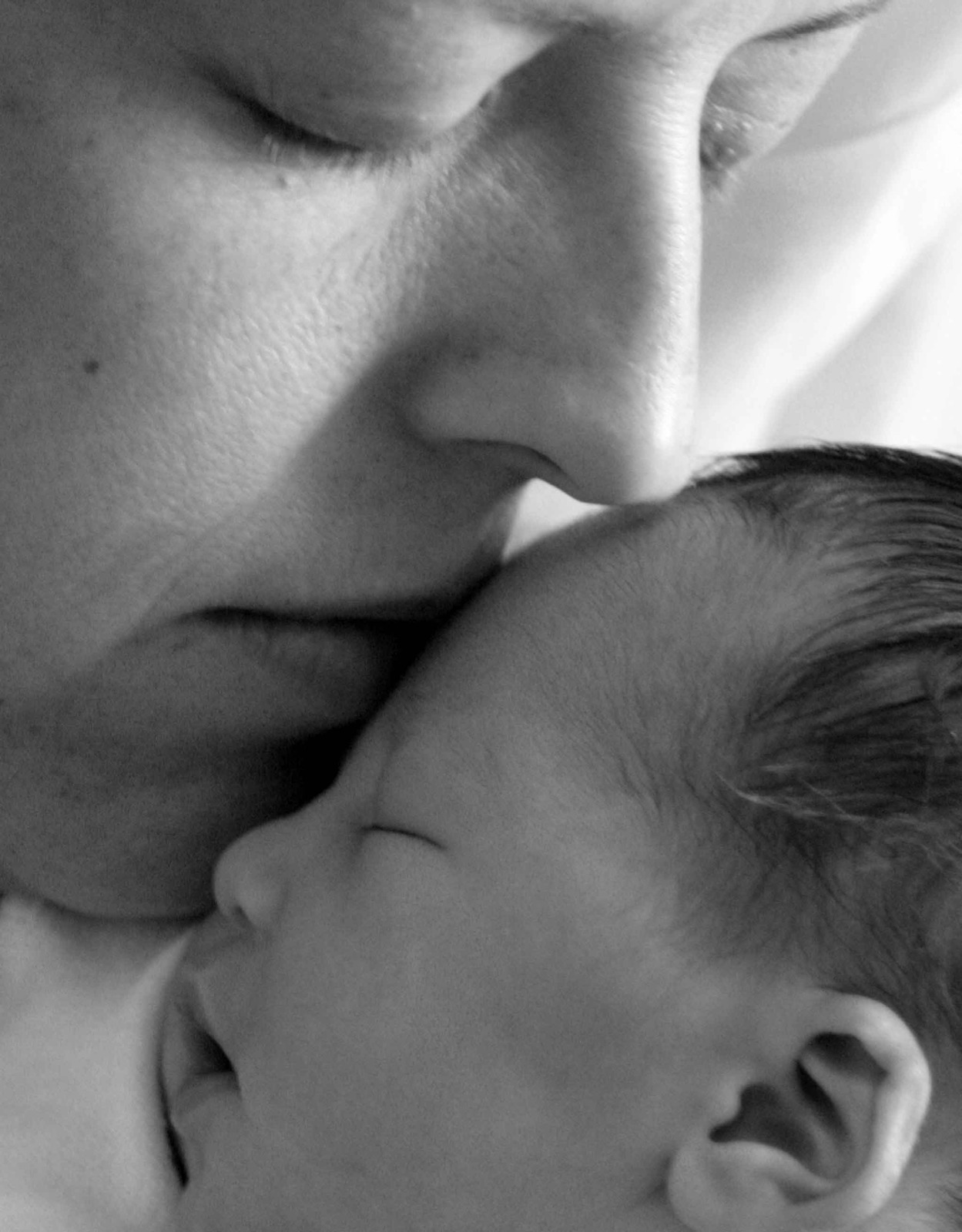
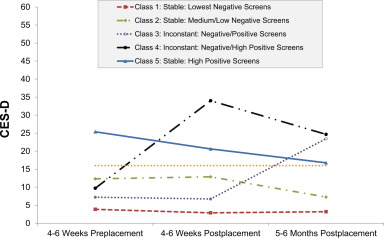
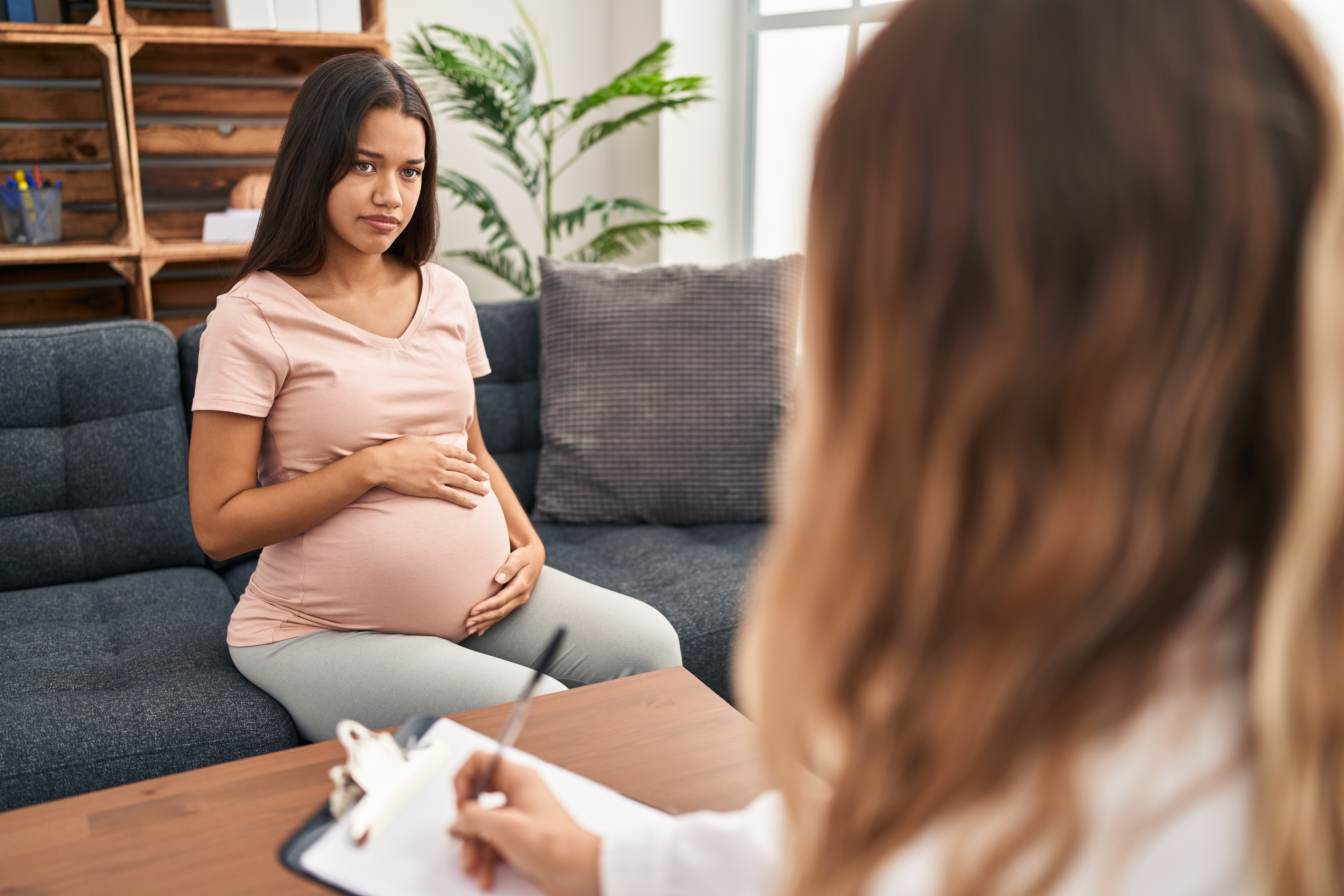
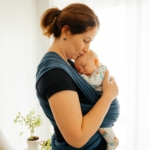
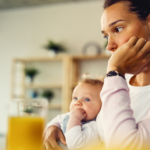
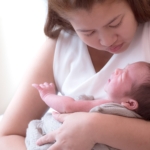

Leave A Comment